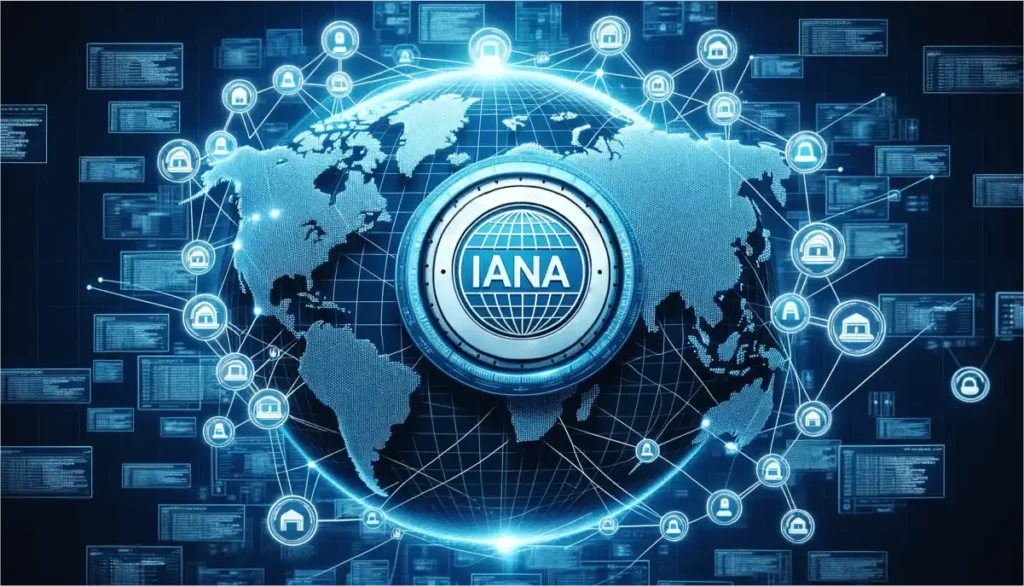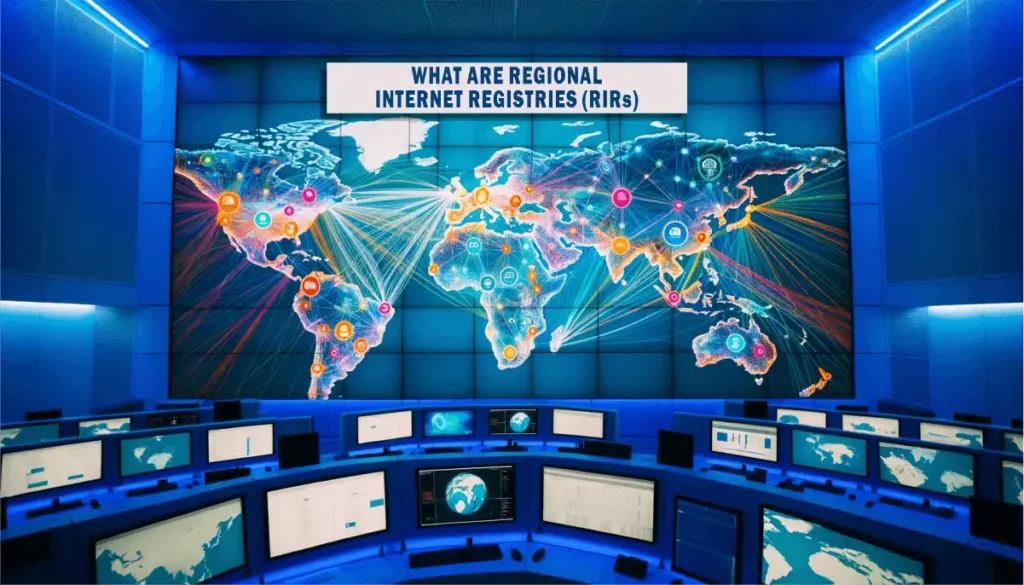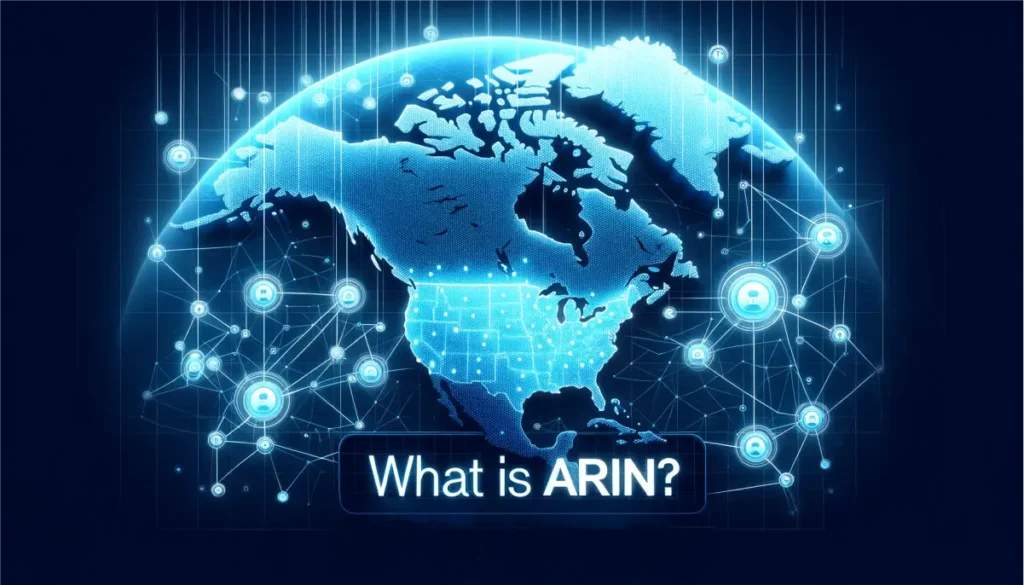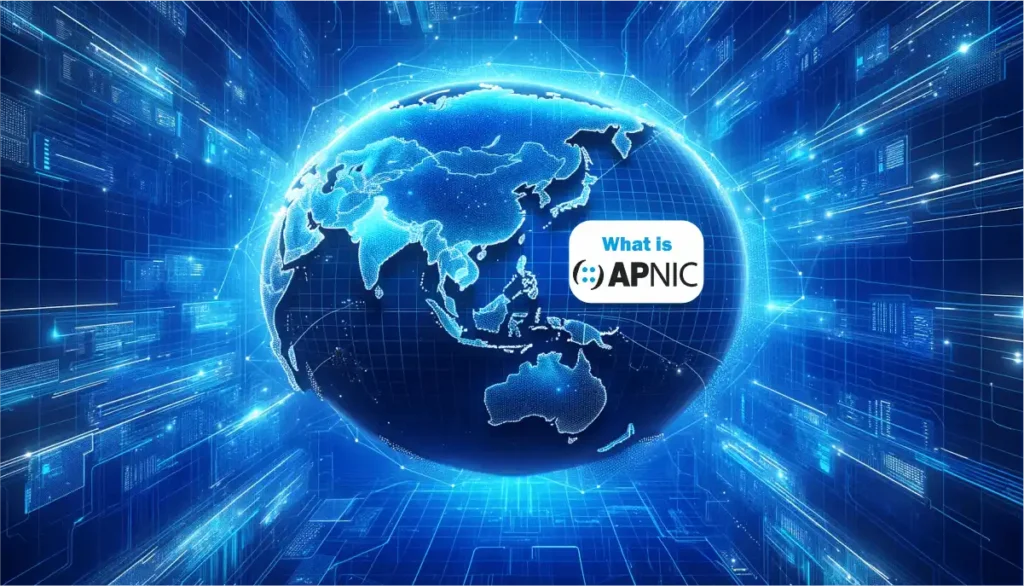The Internet Corporation for Assigned Names and Numbers, commonly known as ICANN, is a nonprofit organization responsible for coordinating the global Domain Name System (DNS) of the internet – thereby ensuring the network’s stable and secure operation.
In simple terms, ICANN acts as the internet’s traffic controller. It ensures the smooth flow of digital traffic by correctly matching the billions of IP addresses with their respective domain names. Every internet domain name we use today originates from the databases overseen by ICANN.
Table of Contents
ICANN’s history
The roots of ICANN trace back to the early days of the internet. Visionaries like Vint Cerf and Jon Postel recognized the need for a central authority to manage the rapidly expanding domain-naming system.
ICANN was officially established on September 18, 1998, in Marina del Rey, California, under the auspices of the United States Department of Commerce. Its formation symbolized the internet’s transition from U.S. governmental oversight to governance by an international body, though ICANN always had global representation.
The Commerce Department handed ICANN the reins to the Domain Name System (DNS) in 1998. However, that authority was finally transitioned entirely to ICANN in October 2016 in an act that marked the “privatization” of the DNS.
Over the years, ICANN’s role has broadened, bringing more stakeholders into the fold. Today, it is a multi-stakeholder model that includes representatives from government organizations, businesses, individual internet users, non-profits, and academic institutions.
ICANN’s work
The primary role of ICANN is to match domain names with IP addresses. Why is this task crucial, and how is it accomplished?
Every device connected to the Internet has a unique Internet Protocol (IP) address, which is a series of numbers. Think of these IP addresses like telephone numbers: just as you dial a unique phone number to reach someone, your computer uses its distinct IP to access a website. To make the internet more user-friendly, these numerical IPs are paired with textual domains, such as www.google.com. This way, users can type in recognizable names instead of long numerical sequences. This pairing process forms the Domain Name System (DNS).
ICANN’s essential function is to coordinate these unique identifiers globally. Without such international harmonization, the internet would lack a standardized IP address system, resulting in potential confusion and inconsistency.
ICANN’s structure
ICANN’ structure is designed to engage diverse stakeholders worldwide. It features multiple Supporting Organizations (SOs) and Advisory Committees (ACs) – each contributing to a specific area of ICANN’s policy-making. These include the public, businesses, governments, and others involved in the internet’s technical operation.
ICANN’s Board of Directors includes 15 voting members and the President/CEO. The Board is responsible for ICANN’s broad direction and is advised by the Government Advisory Committee, which includes representatives from more than 100 countries.
ICANN and Internet Governance
ICANN doesn’t oversee the entire content of the internet, like managing web content or stopping spam, and it doesn’t deal with internet access. However, it plays a pivotal role in global internet governance, specifically in the domain name system.
ICANN approves changes to the root zone file – the database containing all top-level domain names (like .com, .edu, or .gov). Also, it accredits and oversees the domain name registrars – companies who sell domain names to the public.
As the manager of critical internet resources, ICANN is a key player in discussions around internet policies and the future of the internet.
Frequently Asked Questions
What is ICANN?
ICANN, or the Internet Corporation for Assigned Names and Numbers, is a nonprofit entity that ensures the internet’s stable and secure operation through coordinating its unique identifier systems.
Why is ICANN important?
ICANN plays a crucial role in ensuring the global interoperability of the internet, allowing users to find and connect to websites using familiar domain names instead of numeric IP addresses.
What does ICANN specifically manage?
ICANN is responsible for the coordination of the DNS root, IP addressing, and other internet protocol resources. This includes the oversight of top-level domain (TLD) operators, like .com and .org, and regional internet registries.
Who oversees ICANN?
While ICANN is an independent organization, it operates within a multistakeholder model, meaning its decisions and operations are influenced by various stakeholders including governments, businesses, technical experts, and individual users from around the world.
How are new top-level domains (TLDs) introduced?
ICANN has a process for introducing new TLDs. This includes evaluating proposals, ensuring technical stability, and opening application periods for entities to propose new TLDs.
How is ICANN funded?
ICANN is primarily funded through fees collected from domain registrars and registry operators. These fees are associated with domain name registrations, renewals, and other domain-related services.
Are ICANN’s meetings and processes open to the public?
Yes, ICANN operates with a commitment to transparency. Most of its meetings, both in-person and virtual, are open to the public. Documents, decisions, and meeting archives are also generally accessible to anyone.
How can I get involved with ICANN?
Individuals and organizations can get involved with ICANN through various supporting organizations and advisory committees. They offer numerous opportunities to participate, from attending meetings to contributing to policy discussions.





